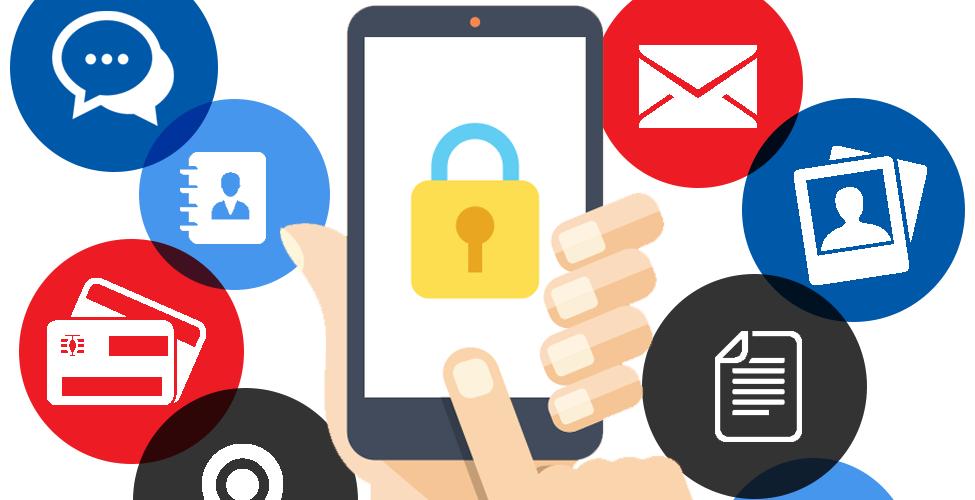We must have the skills necessary to deal with the confidentiality and security problems of our mobile telephony data
By Dipeh Shah
Even though we head towards better normality, the pandemic has definitively changed our relationship with technology, accelerating transition to digitization.We are now working at home, being informed of the latest technological trends, taking advantage of online media innovations and shopping while the smartphone continues to occupy the stage in our lives.For many of us, he replaced our laptops and wallets, and even the keys to the house.
Even if we expand the use of a smartphone, we must learn to be aware and have the skills necessary to deal with the problems of confidentiality and security of our data and our behaviors.Although our preparation for IT security has increased regarding the use of laptops and office computers, as the work moves to the smartphone, this will attract those who could exchange your confidentiality and your safety to theirprofit.For example, the Ironnet cybersecurity company reported that cyber attacks increased by 168 % between May 2020 and May 2021, attacks on smartphones becoming one of the largest threats of cybersecurity in the Asia-Pacific region.
While developers may need to create software stolen doors for applications and other software for easy access during troubleshooting, hackers, often, are able to discover the stolen doors, exposing our data and our confidentiality.To prevent such unauthorized backdoor access, it is best not to download unauthorized applications that could introduce malware or spy software in our smartphones.

Pirates and cyber-attackers are looking for Zero-Day software vulnerabilities which may have been discovered but not yet corrected by OEM.The greatest danger is rooting that deactivates most of the internal security functions of an operating system.Some OEMs have integrated hardware and micrologists that will protect your device from these Zero-Day vulnerabilities by making it difficult to start your device on your device.If the software is not digitally signed by a member of the OEM trust chain, the phone will not load the software at all.The digital signature guarantees, with cryptographic insurance, that the operating system software being loaded.This eliminates a favorite technique for the rooting of phones.
Another method used by OEMs to prevent hackers from loading an obsolete and uncommon version of the phone's micrologetic version.
A device security must cover the hardware, software, systems and applications.Intelligent and complete safety measures on phones are necessary to detect any compromise with the device or data.On the confidentiality side, users need to control the data and authorizations granted to their applications and for what purpose.The Samsung defense level security platform, Knox, for example, ensures that your smartphones data is secure and that users have simple tools to manage their data confidentiality.
When you are at home, share your devices with your brothers and sisters, your spouse and your parents is inevitable.Many of us, however, tend to have certain aspects of our digital life that we want to keep discreet.Solutions such as Samsung Altz life allow users to quickly switch from private mode to public mode by pressing a button when sharing their phone.
User devices safety and data confidentiality are an extremely important subject today.Consumers should spend time understanding and using the tools provided by OEM.They regularly offer safety updates to users, which should be installed as soon as possible to protect data on their smartphones.
L’écrivain est directeur général, Samsung R&D Institute, Bangalore
Financial Express is now on Telegram.Click here to join our channel and stay up to date with the latest news and biz updates.
Share